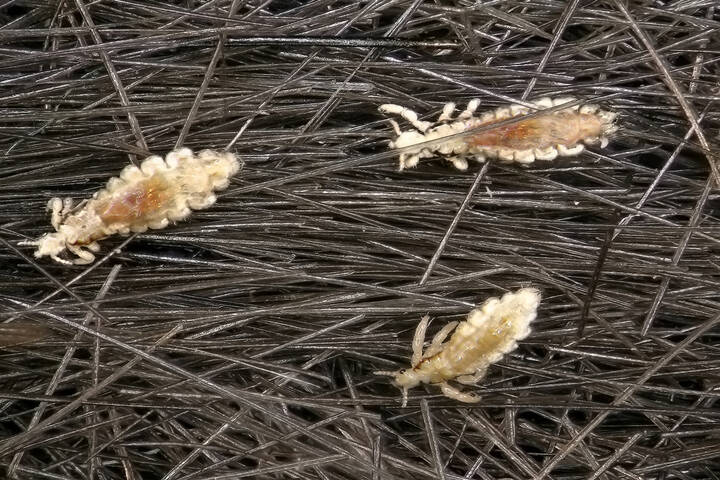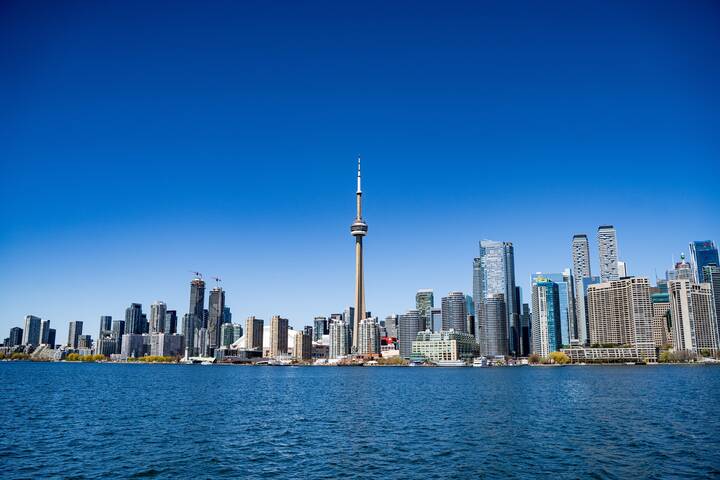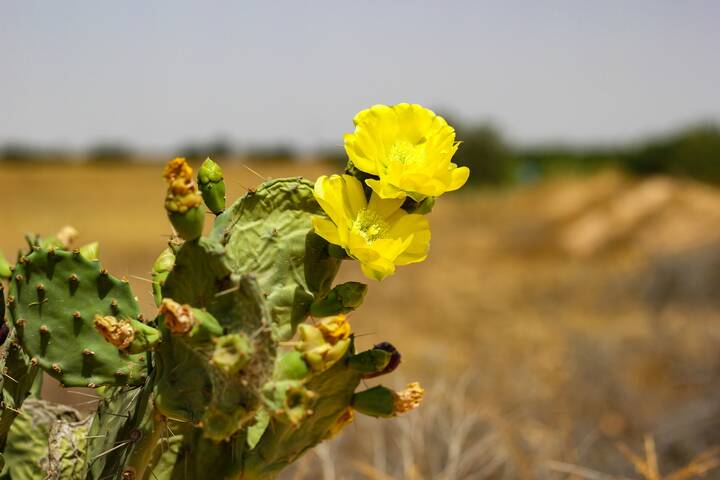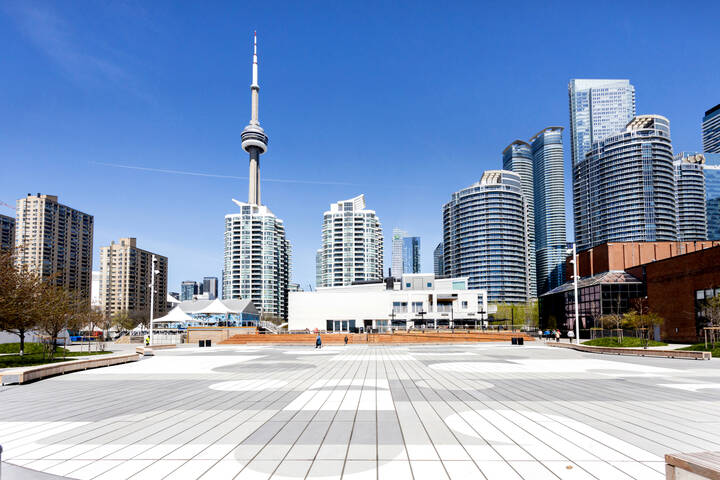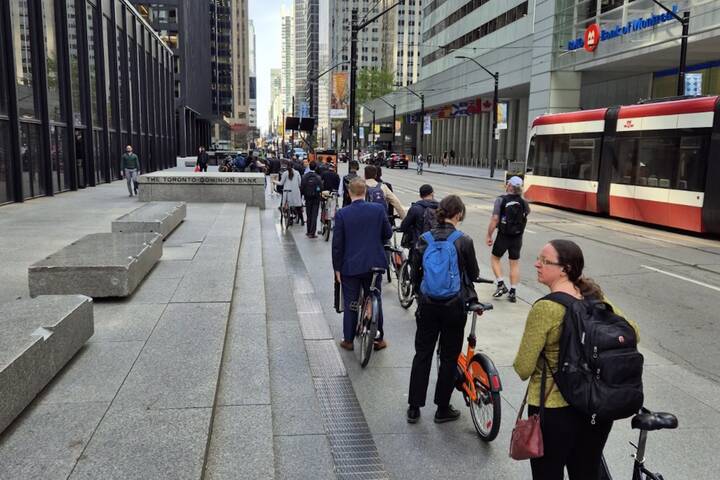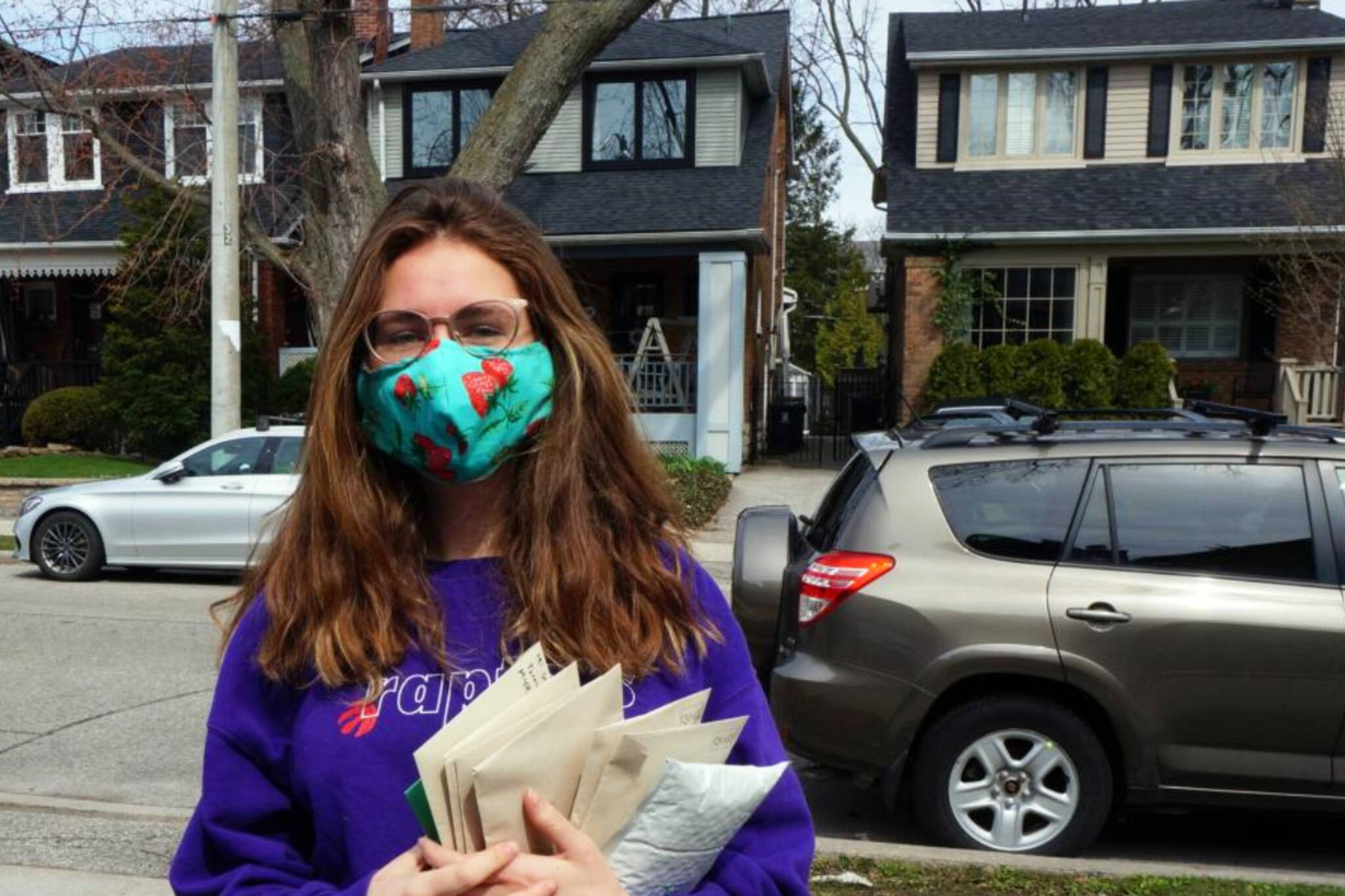
Students in Toronto are now making masks for hospitals and shelters
A typical day in the life of Cate Balasubramanian these days is as follows.
From 9 a.m. to 1 p.m. Balasubramanian attends her grade 11 classes online, and from 2 p.m. to 7 p.m. she sews masks or works on her website Masks ON, which supplies hand-sewn masks to anyone who might need them throughout the province, coordinating delivery of masks.
Balasubramanian began the initiative when Michael Garron Hospital started its PPE Drive in late March, she says. “I started just at my school, inviting fellow students to donate masks, and it's just grown beyond that.”
So far, Masks ON has created and delivered 175 hand-made masks to hospitals, shelters, and care homes, and Balasubramanian has personally sewn 80 of these, but these numbers, she hopes, will continue to grow.
So far, she says, Masks ON has 15 volunteers who are consistently sewing and sending out masks, but they also have additional volunteers who are contributing masks as often as they can.
Balasubramanian says she has seen a significant demand for cotton masks among frontline healthcare workers. She says that many nurses have reached out to Masks ON requesting cotton masks that they can wear while on public transit, as this helps them to save surgical PPE for when they're on the job.
“There's more demand than we can supply,” Balasubramanian says. This is due to Chief Public Health Officer of Canada Dr. Teresa Tam’s recommendation last week that Canadians wear non-medical masks in addition to maintaining social distancing measures while running important errands.
“Our hands-sewn cotton masks are way more effective than just scarves and bandanas,” Balasubramanian says. “So even nonmedical institutions like local shelters and food banks are all feeling the need to source cotton masks for their workers.”
These masks can be sewn from small sections of fabric. So, to supply for this increased need and demand, Balasubramanian and her team are bringing together the scrap fabric they each have, but are also asking for donations from the community.
Her school, University of Toronto Schools, has provided Masks ON with funding to purchase fabric through local independent fabric stores, she says.
“Some places we've given masks [to] [have] responded with a donation,” Balasubramanian adds. “We use that to source the fabric and elastics that we need.”
After masks are sewn, they are delivered through Canada Post. “They were really helpful in helping us get a small business discount,” Balasubramanian says.
“And for orders where [there are] a lot of masks — like, I have 40 I have to deliver to a shelter later this week — we'll do a contact-less drop off. So I'll drive down to the area and put them in a box on the doorstep and then leave them there.”
But these masks are not exclusive to institutions. Private citizens can order masks to wear for any necessary outing they have to make at this time. An individual can request a mask through the Masks ON website, Balasubramanian said.
“It might take us a little while to get to your request,” she notes. “Because we have such a big demand. But if you're able to make a donation to help support us giving to other community organizations, we'll definitely be able to get to [your] request eventually.”
Additionally, anyone who would like to volunteer and be part of the Masks ON team’s initiative can do so through the site, which has made available easy-to-follow patterns that sewers can follow and instructions on how to send masks.
“We can take any volunteer who's able to sew,” Balasubramanian says. “I've even been teaching my younger sister to use a sewing machine and she's been learning there.”
Once a volunteer has sewn 10 masks, Masks ON will connect them with a facility and the volunteer can mail the masks to them.
The work that Balasubramanian is doing is exhausting, but ultimately very rewarding, and as demand has shown, very necessary.
“I feel like it's a little tiring obviously to kind of keep doing the work, but I feel happy, really happy with the work that we've done,” she says. It’s important, she says, to give back to all essential workers who are risking their lives on the frontlines of this pandemic, and to help protect them.
Balasubramanian says that everyone has an important part to play during this pandemic.
“Stay home if you can,” she advises us. “Don't go out unless you have to, but if you have to go out, make sure that you're doing everything you can to protect everyone else.”
Masks On
Latest Videos
Latest Videos
Join the conversation Load comments
